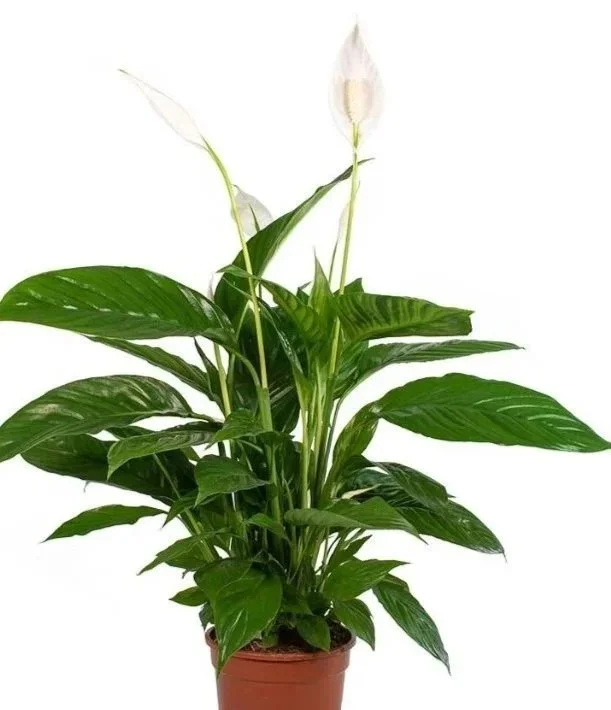Feng Shui Energy: Best Plants for Bringing Prosperity
Plants play a vital role in Feng Shui. Beyond their natural beauty and air-purifying benefits, certain plants are believed to attract prosperity, harmony, and growth when placed intentionally within the home.
Courtesy of The Spruce
The Lucky Bamboo: A Classic Symbol of Fortune
The lucky bamboo is perhaps the most iconic plant in feng shui. Elegant and easy to care for, it is often arranged in groups that symbolize different aspects of prosperity. Three stalks traditionally represent happiness, wealth, and longevity; five stalks are associated with general good fortune; and eight stalks are believed to encourage growth and abundance.
Jade Plant: The Money Magnet
Known as the money plant or friendship tree, the jade plant has thick, round leaves that resemble coins, making it a powerful symbol of wealth. It is often placed near entrances to welcome financial opportunities and positive energy into a space.
Peace Lily: Purifying and Harmonizing
The peace lily is valued not only for its graceful white blooms but also for its reputation as a natural purifier. In feng shui, it is seen as a plant that restores balance, reduces negativity, and creates a calm environment. Bedrooms and living rooms are ideal locations for this plant, where it can contribute to both relaxation and restorative sleep.
Areca Palm: Bringing Fresh Vitality
With its tall, arching leaves, the areca palm represents expansion and upward growth. This plant is particularly well-suited to workspaces or home offices, where it symbolizes vitality and career development. Its lush greenery also enhances the overall freshness of a room.
Orchids: Love, Fertility, and Abundance
Orchids are associated with love, beauty, and abundance in relationships. Their vibrant flowers add elegance while symbolizing fertility and harmony. They are often chosen for bedrooms or shared living spaces, where they are thought to support emotional connection and romance.
Placement Is Just as Important as the Plant
Selecting the right plant is only half the process; proper placement is equally essential in feng shui. Spiky or thorny plants, such as cacti, are believed to create sharp energy indoors and are best avoided in living spaces. The direction of placement carries meaning as well:
East: Enhances family harmony and health.
Southeast: Strengthens wealth and prosperity, making it ideal for money-related plants like jade or bamboo.
South: Supports recognition and reputation, often complemented by flowering plants such as orchids.
Bringing feng shui plants into the home is less about filling every corner with greenery and more about intentional choices that encourage prosperity and balance. From the classic lucky bamboo to the vibrant orchid, each plant carries its own symbolic energy. By caring for these living elements, households can foster not only growth in their environment but also a sense of abundance in daily life.




